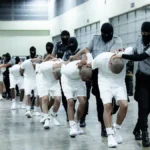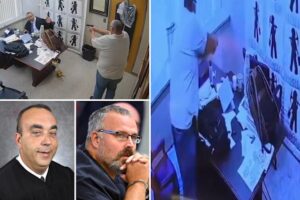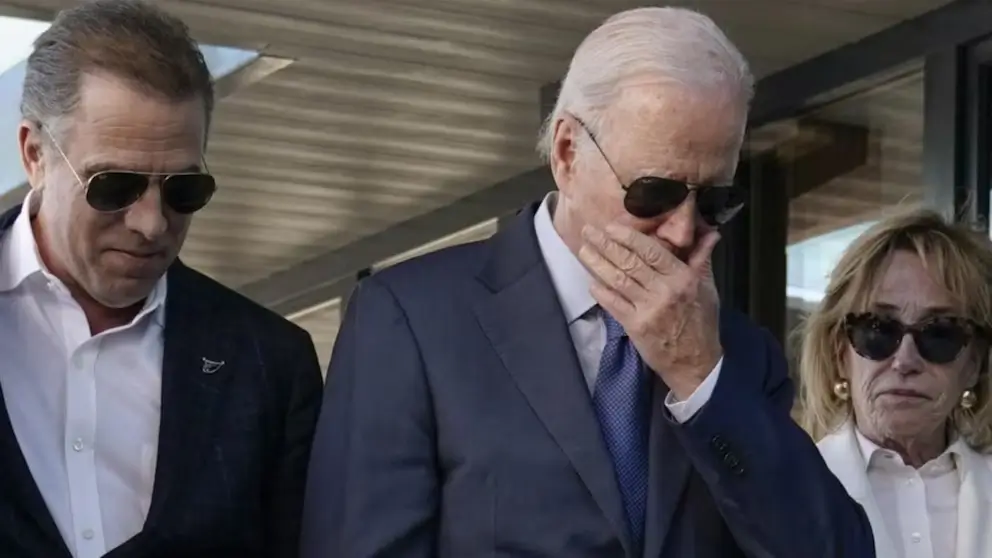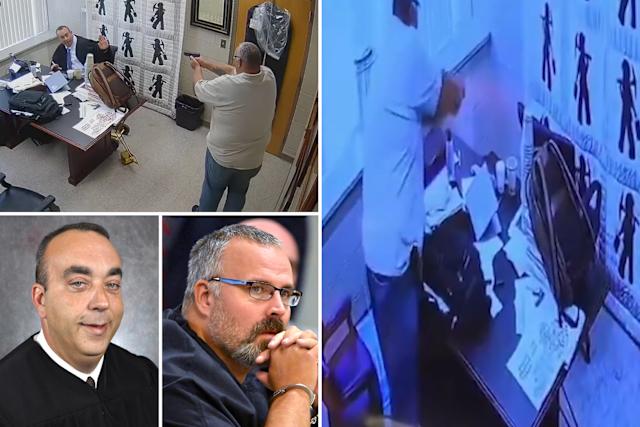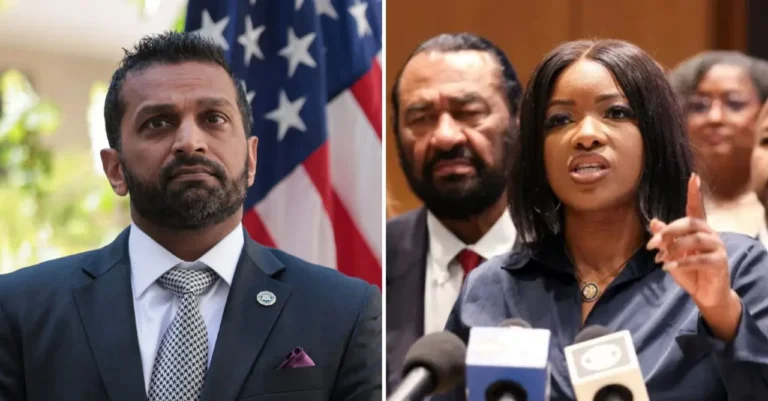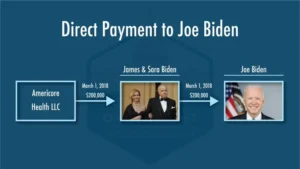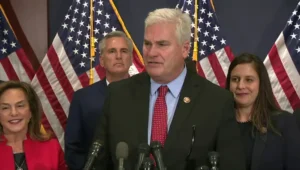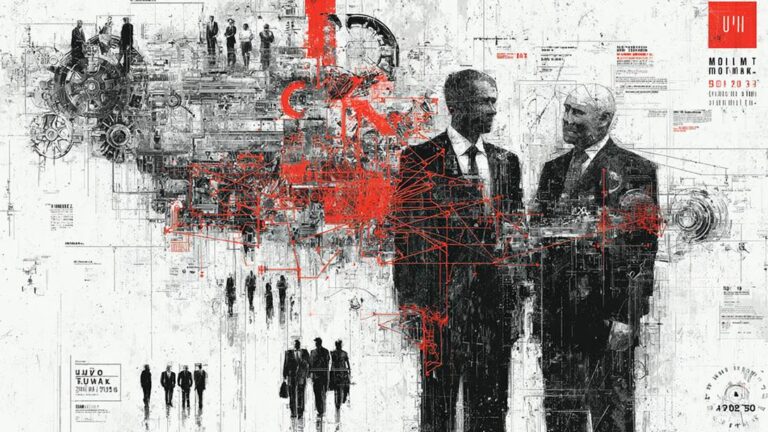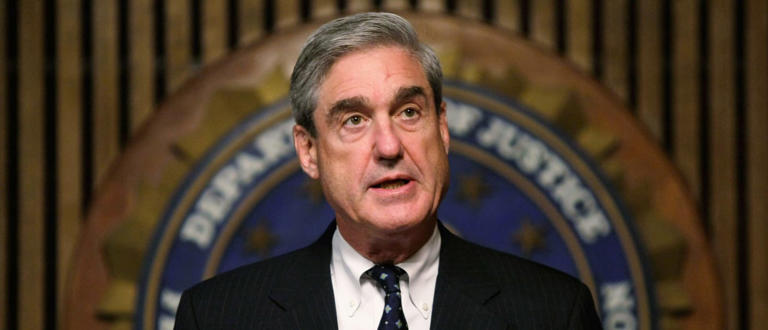House Republicans are conducting at least three interviews this week with current and former Department of Justice officials as part of their impeachment inquiry into President Joe Biden despite the lower chamber remaining stuck in an unprecedented holding pattern without a House speaker.
Scott Brady, who served as the U.S. attorney for the Western District of Pennsylvania before resigning in February 2021, testified behind closed doors with the House Judiciary Committee on Monday, according to a source familiar with the interview.
U.S. Attorney Martin Estrada of the Central District of California is scheduled to testify Tuesday, and Stuart Goldberg, a DOJ Tax Division official, is set to appear Wednesday, the source said.
Republicans have connected all three to the DOJ’s yearslong investigation of Hunter Biden, which two IRS whistleblowers involved in the case allege was obstructed by top officials in the DOJ to benefit the president’s son.
House Judiciary Committee Chairman Jim Jordan (R-OH), one of three chairmen leading the impeachment inquiry, said during Congress’s first impeachment hearing last month that he is focused on examining whether Joe Biden committed abuse of power, which could be an impeachable offense, based on the allegation that his administration mishandled the DOJ investigation.
Jordan said at the time of the hearing, “Some of the things we’ve learned from the whistleblowers were they were prevented from taking certain investigative steps.”
“Is it an abuse of power when the Biden Justice Department stops investigative steps that all potentially lead to Joe Biden?” Jordan asked George Washington University law professor Jonathan Turley.
Turley replied, “It certainly can be if there’s a linkage to the president.”
The abuse of power charge would likely only apply to the period of the investigation during which Joe Biden has been president, although the initial phases of the investigation began in 2018.
The whistleblowers say David Weiss, who was overseeing the Hunter Biden case as the U.S. attorney for Delaware before gaining special counsel authority in it, attempted to bring tax charges against the first son in Washington, D.C., and California but that he was blocked from doing so.
Estrada is expected to be questioned on this allegation as it relates to California.
Matthew Graves, the U.S. attorney in Washington, D.C., recently confirmed to the committee that Weiss explicitly told him early last year that Weiss wanted to bring charges against Hunter Biden in Graves’s jurisdiction, according to a transcript of the interview obtained by the Washington Examiner.
Graves, however, disputed the characterization that he blocked or refused to partner with Weiss on the case. Instead, Graves said, he was the one who first raised the possibility to Weiss of partnering with the Delaware team. Graves said that weeks later, he decided not to partner with Weiss but made clear to Weiss that he would accommodate him with a grand jury and any other logistics Weiss needed for the prosecution.
Graves is a Biden appointee who also donated to the president’s campaign, but he said during the interview that he saw no conflict of interest concerns with considering the prosecution of the president’s son.
The charges Weiss wanted to bring against Hunter Biden in Washington have not materialized, and it remains unclear why.
Weiss, as special counsel, will be required to submit a public report detailing all of his prosecutorial decisions once his investigation is complete.
CLICK HERE TO READ MORE FROM THE REPUBLICAN VOICE
The committee is also expected to question Brady and Goldberg on the Hunter Biden case. Brady met with Trump attorney Rudy Giuliani about investigating Hunter Biden in January 2020, and Goldberg attended at least one private key meeting about the case.
The DOJ declined to comment.
source: washingtonexaminer.com/biden-impeachment-inquiry-gop-presses-doj-interviews-paralysis


